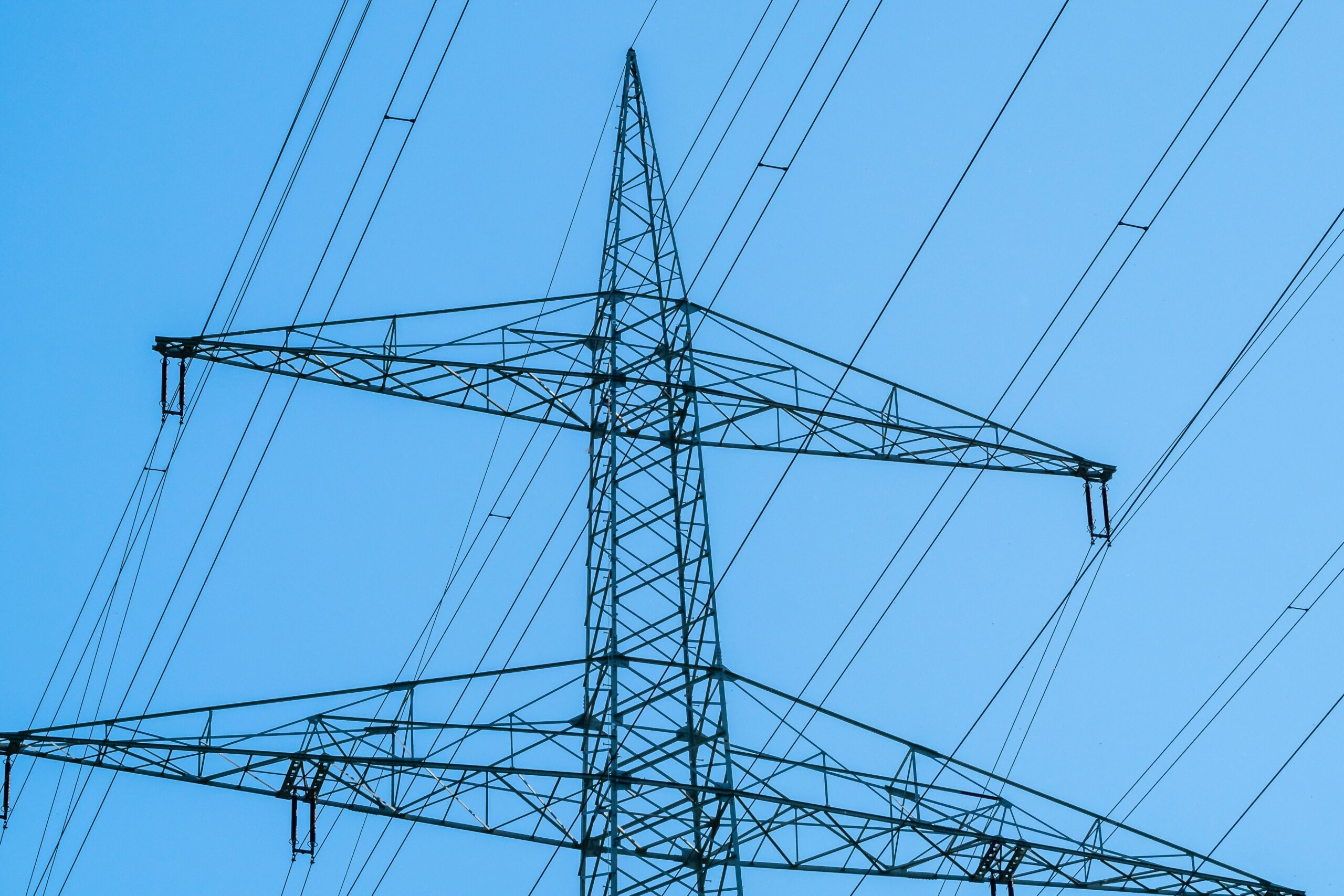Going off the grid is a dream for many people. On paper, energy independence, living free of the utility company, and using only renewable energy sound like wonderful goals. But in reality, going fully off-grid is a complicated project to achieve.
What Does it Mean to be Off the Grid?
Living off-grid, in regard to electricity, simply means that your home is not connected to the established electricity source available in your area. Most localities have one utility operator which connects you to the wires that bring electricity to your home and charges you a set fee for the connection and the electricity you use.
If you’re off the grid, that means you have no power meter and no wires connecting your house to the larger grid of electrical wires operated by your utility, and in the bigger picture, no connection to one of the three main grid systems operating in the US. Without that connection, you need to generate your own electricity or live without it.
What are the Reasons for Wanting to be Off-Grid?
There are many reasons people are interested in living off the power grid. Some want to do so for environmental reasons, hoping to live more sustainably. Others want to do so in preparation for natural disasters that are being brought about more frequently by climate change. And some are concerned about the power grid being knocked out by cyberwars and other technical problems.
The list of reasons is surely endless, but these are the ones we hear most frequently, and all are absolutely valid.
But before we all cut our wires, let’s go over a few basic concepts of how solar and battery storage works in order to understand the complicated nature of an off-grid setup.
Your Solar Energy System Can’t Function Without a Baseload
Many people don’t realize that your solar energy system does not function on its own when there is a grid outage, or when you’re not connected to the grid at all. This is for two reasons:
Electricity Baseload: First—and most important to the concept of going off-grid—you need to know that in order for your home’s appliances to work properly, they need a steady power flow. This is known as baseload.
When you install solar panels, they produce power that needs to be routed to your appliances, but even if the sun is shining that power is not steady—it varies depending on the intensity of the sun. This intermittent power supply could fry your electrical appliances if it went straight from your panels to the appliance. You need a baseload to smooth out the flow of the power and keep it steady.
When your home and solar panels are connected to the utility, the grid acts as your baseload, regulating the voltage of power throughout your home and coming from the solar array. If the grid goes down, the inverters on your solar array would instantly turn off to protect themselves and the electrical appliances in your home.
Safety: An important additional reason that solar shuts off when the grid goes down is that, by law, your solar system must automatically disconnect from the grid to keep linemen safe while they repair the downed power lines.
So How Can I Go Off-Grid?
This comes back to baseload. You need your solar energy to have a way to flow steadily, and if you’re not attached to the larger power grid, then you need to create your own baseload. You do this by adding battery storage.
Similar to what happens if you’re grid-tied and experience a power outage, the battery functions as the baseload for your home’s appliances and solar panels. If you’re off-grid completely (or are grid-tied and experiencing a power outage), this setup is the only way to power your home with solar energy.
How Much Power Can I Store with a Battery System?
This is where battery storage can have some limitations and you’d need to have a realistic expectation of how much electricity your off-grid home can produce. Although batteries today are capable of backing up a home’s full main service panel, we strongly encourage homeowners to back up specific sections of their home to help extend the batteries’ charge.
In our experience, we have found that homeowners who choose to back up energy-intensive items such as air conditioning and electric heat find that their batteries are completely drained within 3-5 hours, even with the largest battery banks.
This is why as a company policy we highly encourage families who purchase a battery system to work with us to create a sub-panel of critical loads that would remain on in the event of a power outage. This subpanel ensures that larger items and non-critical loads are not able to drain the battery. Unlike a generator that usually takes 15-20 seconds for start-up, battery power is instantaneous, so you may not notice the power is out before your air conditioner has drained half your stored power.
Here are the items we encourage families to back up:
- Lights
- Small amperage sump pumps
- Internet / Wifi
- Refrigerators
- Circuits for handheld charging
- Furnace blower
As you can see, an off-grid system would be a bit limited in what you can run on a daily basis. Some people may be comfortable with this, but our opinion is that this can be a risky setup, and may leave you in the dark if you try to use it as your only power source. Adding a generator can help, but that may defeat your sustainability goals.
Our advice is that in our area unless you are homesteading or have some other driving need to be off-grid, it’s best to pay the nominal fee per month to stay connected to the grid. We feel this is especially important because as our utilities and states prioritize renewable energy, the electricity provided by the grid is getting cleaner by the day. By staying connected, you’re helping that process as your extra clean energy is being added to the mix.
Have Questions?
Get in touch with us! We love talking about critical loads with you! Give us a call any time at 703-249-6594 or click below.




